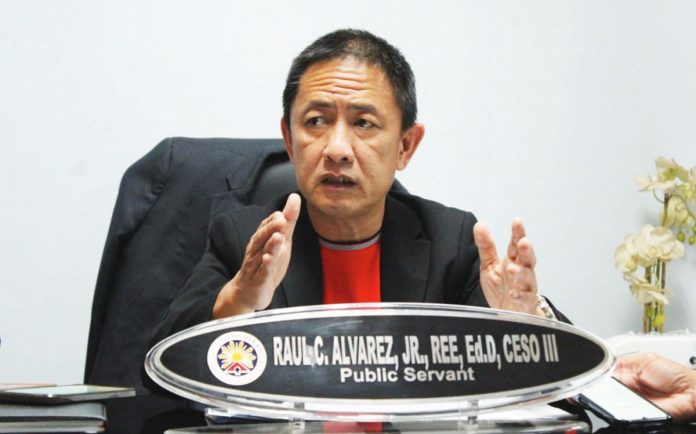
ILOILO City – Citing rising operational costs driven by inflation, the Commission on Higher Education (CHED) has approved tuition and other school fee increases for 21 private higher education institutions in Western Visayas for Academic Year 2025–2026. The hikes are capped at 6.6%, the region’s inflation rate.
CHED Region 6 director Dr. Raul Alvarez Jr. described regulating school fees as “one tricky thing.”
“Kon sobrahan mo ka dako, mawiit ang mga ginikanan. Kon indi ka mag-tuition fee increase, mapatay ang eskwelahan,” he told Panay News.
Only one of 22 applicant schools was denied, with CHED-6 explaining that the lone disapproved proposal exceeded the allowable rate. That institution must now elevate its request to the CHED central office for review by the commission en banc.
Alvarez said the commission exercised due diligence by requiring extensive consultations and complete documentation before granting approval.
“We ensure that increases are fair, equitable, and justifiable, primarily based on the regional inflation rate. Without reasonable adjustments, schools may not survive, and faculty retention becomes a problem,” Alvarez told Panay News.
The tuition adjustments underwent rigorous scrutiny, including validation of stakeholder consultations involving parents, faculty, students, and school personnel, he stressed.
“Everybody will see it as evil, nga if masaka ang tuition, ang kabataan indi ka eskwela. Ang trabaho sang CHED is to ensure that there is equitable, fair and transparent increase,” added Alvarez.
CHED-6 also emphasized that its role in these consultations was strictly as an observer to ensure transparency and compliance with guidelines.
The Commission also reiterated the mandatory allocation of the increased fees:
* 70% for salaries and benefits of teaching and non-teaching staff
* 20% for facility upgrades and infrastructure
* 10% at the school’s discretion
“The 70% faculty allocation must be detailed in a certificate of intended compliance. After implementation, schools are required to submit utilization reports to confirm they followed their financial plan,” said Alvarez.
CHED acknowledged the public’s sensitivity to tuition hikes, especially among parents struggling financially. However, Alvarez stressed that schools, too, are coping with inflation.
“Without these adjustments, many schools might shut down or lose faculty to better-paying jobs. It’s a balancing act between affordability for students and sustainability for institutions,” he explained.
The Commission also clarified that private institutions are only allowed to increase tuition once per academic year, and must always anchor their application within the bounds of the current regional inflation rate.
February 28, 2025 was the final day for application for tuition fee increase. But Alvarez said the submission of prerequisite requirements by the school applicants took a year to finish, which meant that the applications were filed as early as 2024.
Alvarez assured the public that the final list of approved schools and the corresponding rates will be officially released soon.
“CHED continues to prioritize fairness and transparency. Our decisions are data-driven, consultation-based, and always in line with our commitment to accessible and quality education,” he said.
CHED Memorandum Order No. 3, Series of 2012 remains the guiding framework for tuition and fee increases, ensuring that any adjustment corresponds directly with measurable economic indicators like inflation./PN





